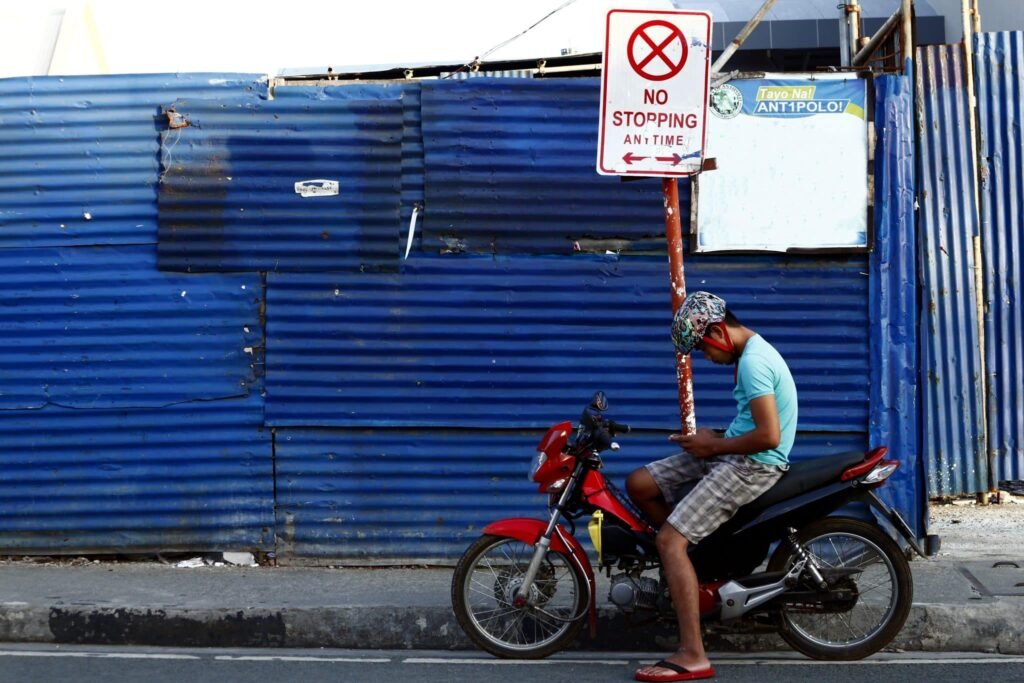The Philippines is one of the fastest-growing economies in Asia, and therefore in the world, but it has some major gaps to close. The developing country is pursuing digital transformation and is eagerly embracing digital identity and DPI. But it has challenges to overcome, which analyses have identified.
These include addressing the digital divide, increasing and improving Internet connectivity, and providing the skills and education necessary to take advantage of the benefits that digitalization will offer. The World Bank Group Philippines Country Partnership Framework for 2026–31 targets improving Internet connectivity as an aspect of its “more private sector jobs” pillar.
The country’s Digital Transformation DPL series supports reforms aimed at improving digital government services, the digital economy, digital finance and digital skills. Between 2022 and 2026, the number of people using digitally enabled government services through the unified e-government portal or a mobile application is expected to increase by 30 million.
Over that same period, the share of digital payments in retail transactions is projected to rise from 42 percent to 56 percent, while the number of e-commerce enterprises is expected to grow from 2.4 million to 3.5 million. By the 2024/25 academic year, fifty higher education institutions are anticipated to recognize digital skills courses via the Philippines Credit Transfer System.
Backed by the World Bank, the Philippines government is exploring follow-on reforms and investments to fast-track internet connectivity in rural areas and drive digital transformation across key sectors. This agenda envisions integrating the national digital ID into public services, scaling up digital payment networks, establishing interoperable data systems and expanding digital skills training.
In a country spotlight, the Tech For Good Institute examined how Digital Economy Companies (DECs) could play a part in advancing the country’s digital economy. The non-profit (founded by ride-hailing company Grab) identified fintech as a priority. Fintech is one of the Philippines’ fastest growing sectors and has mechanisms such as The National Payments Act and the Digital Payments Transformation Roadmap supporting it.
Relatedly, ecommerce and platform work are highlighted as priorities in advancing the digital economy. The Philippines has seen various initiatives in driving national ID and mobile wallet uptake, with the likes of GCash partnering with the Philippine Statistics Authority (PSA). GCash has long used biometrics from Ant Digital Technologies subsidiary Zoloz for performing KYC checks on new users.
The Tech For Good Institute neatly summarizes why addressing the digital divide is a crucial thing to tackle. “Digital connectivity is important to link local markets to each other; connect urban centres to rural areas; and facilitate the movement for employment, business and marketing transactions, or even socialization and recreation,” it writes. In other words, improving uneven access and digital connectivity benefits all of society, as it requires investment in physical infrastructure while boosting social mobility and the wider economy.
A 2024 study from the PSA and DICT found that Internet-connected households in the Philippines reached 48.8 percent, up from 17.7 percent in 2019. However, there are notable gaps — regions like BARMM and Zamboanga Peninsula register only 27.7 percent and 21.2 percent, respectively. The survey found 67.3 percent of individuals over the age of 10 use the Internet.
In his fourth State of the Nation Address, President Marcos cast digital transformation as the linchpin of the Philippines’ future, urging wider internet access, more efficient government services and stronger science and technology programs. He framed artificial intelligence not as a distant novelty but as a national imperative, noting new AI bills in Congress and a clear Department of Science and Technology mandate to deploy AI in health, agriculture, disaster risk management and language tools.
Writing in the Inquirer, Co-Vice Chair of Management Association of the Philippines (MAP), Donald Patrick L. Lim champions blockchain as a foundational trust layer. Pointing to early successes in gaming adoption and Asia’s first blockchain-specific law in the Freeport of Bataan, Lim calls for its use in digital IDs, land titling, supply-chain transparency and tracking public finance. He warned that cybersecurity is a matter of national security, advocating a multisector council, Zero Trust architectures and AI-powered threat detection.
Southeast Asia is a hotbed for digital identity and DPI initiatives, with the likes of Malaysia, Indonesia, Vietnam and Thailand, among others, in pursuit of implementation on their varied stages of progress. The Tech For Good Institute advises regional commitments as another priority in advancing the digital economy.
It cites the E-ASEAN Framework Agreement in 2000 and the ASEAN Single Window Agreement in 2005 as evidence that the region recognized the importance of digitalization. Just like the more recent ASEAN Digital Integration Framework, it recommends such inter-member cooperation as a way to foster trade, bolster data protection, promote digital payments, widening the digital talent base, encouraging entrepreneurship and harmonizing digital activities across Southeast Asia.
Article Topics
ASEAN | digital economy | digital ID | digital inclusion | digital public infrastructure | fintech | government services | PhilID | Philippines | World Bank

